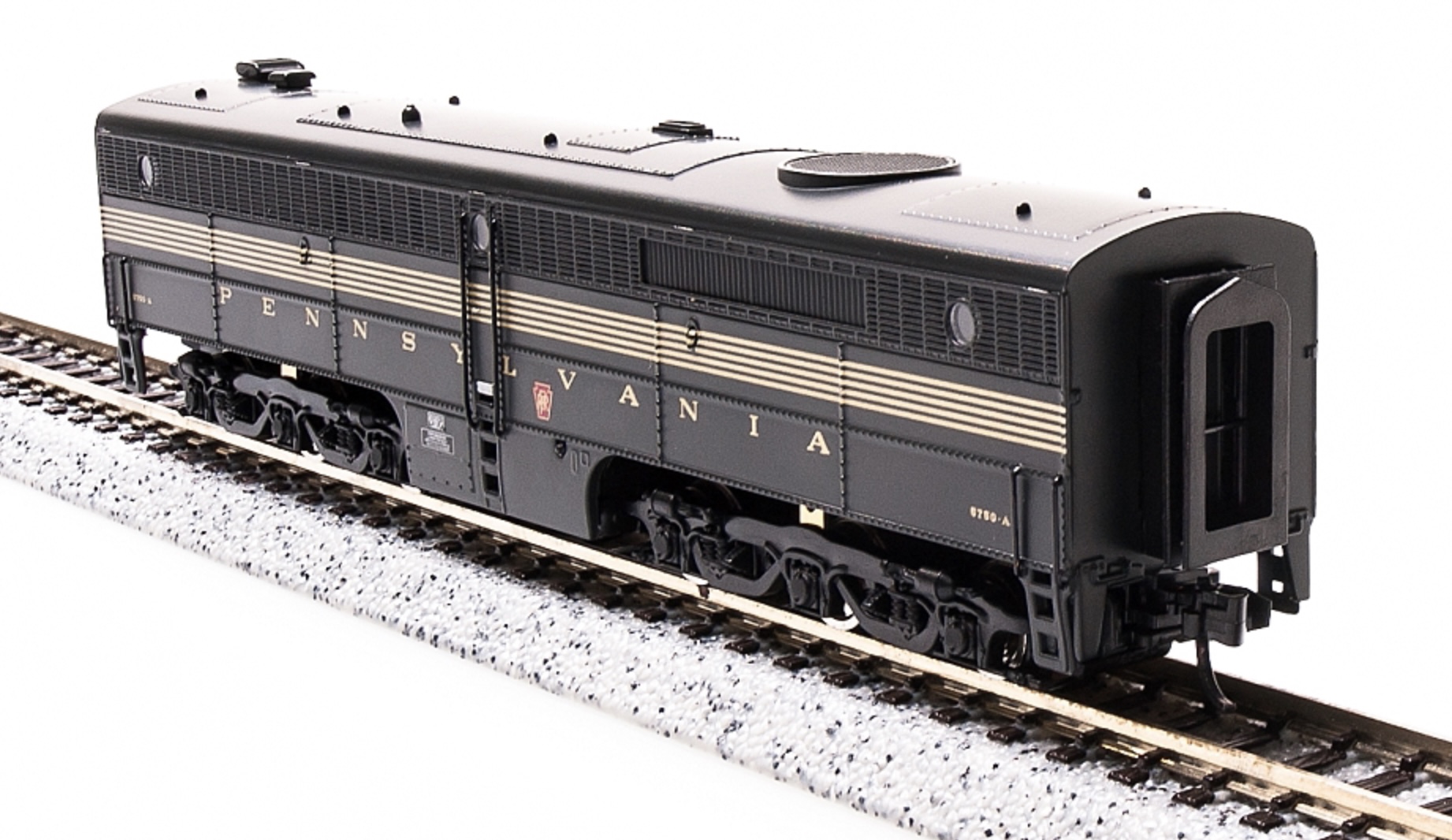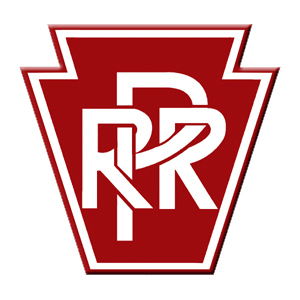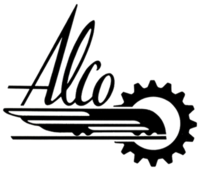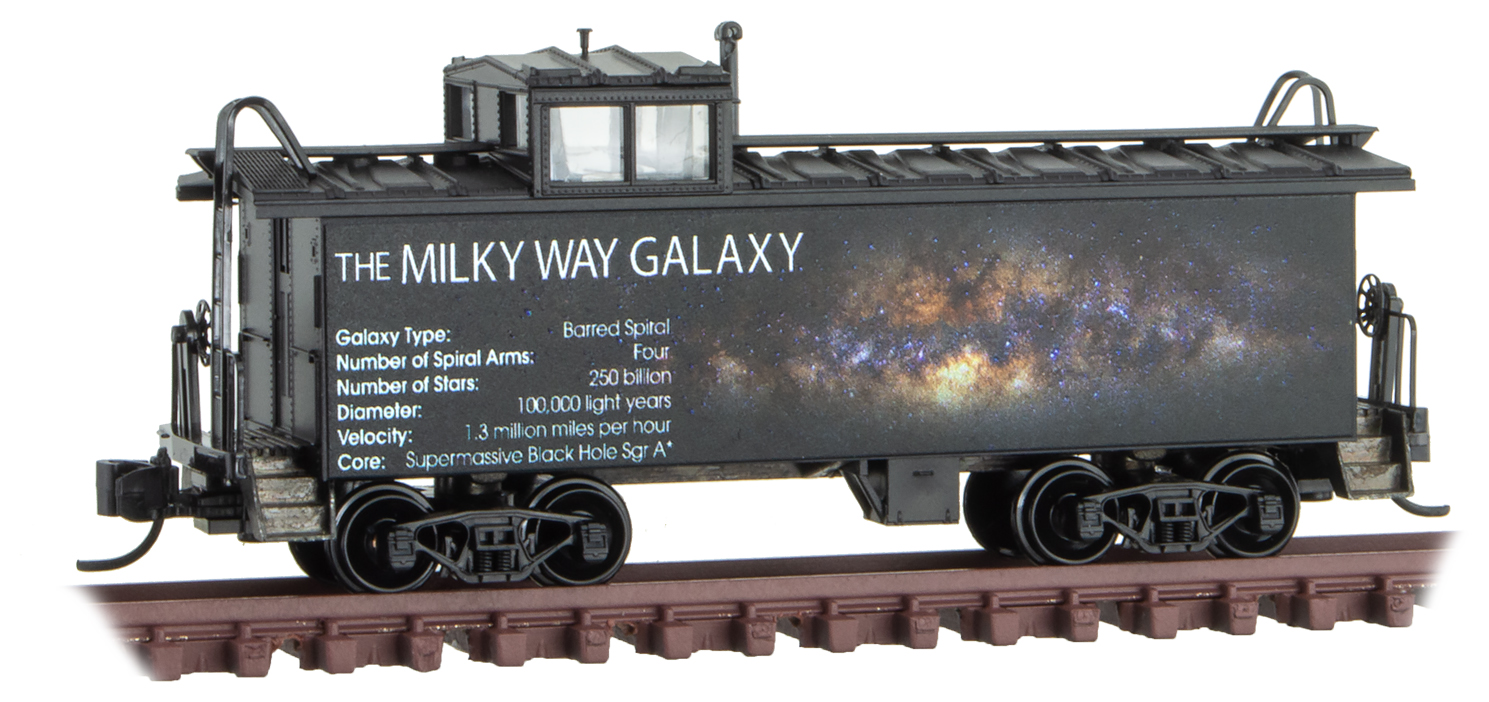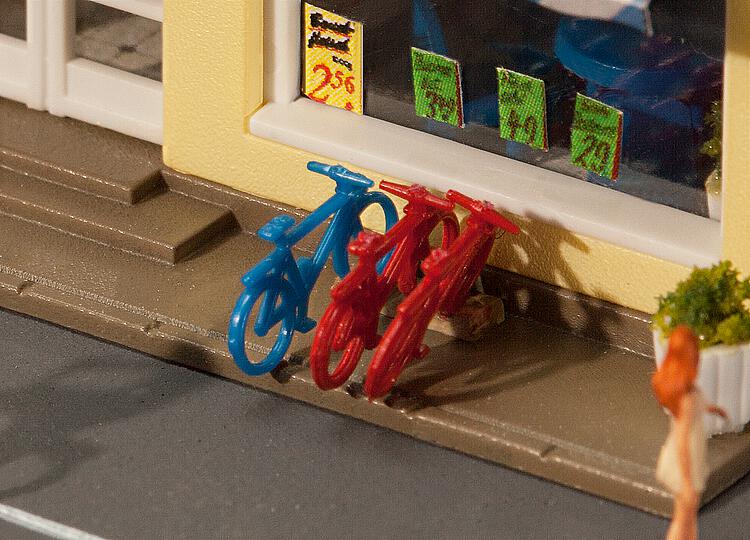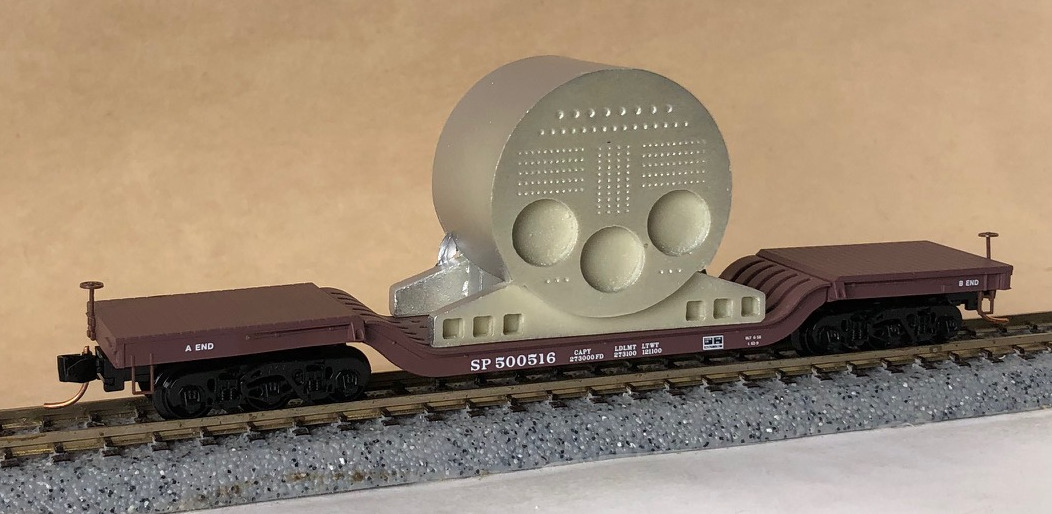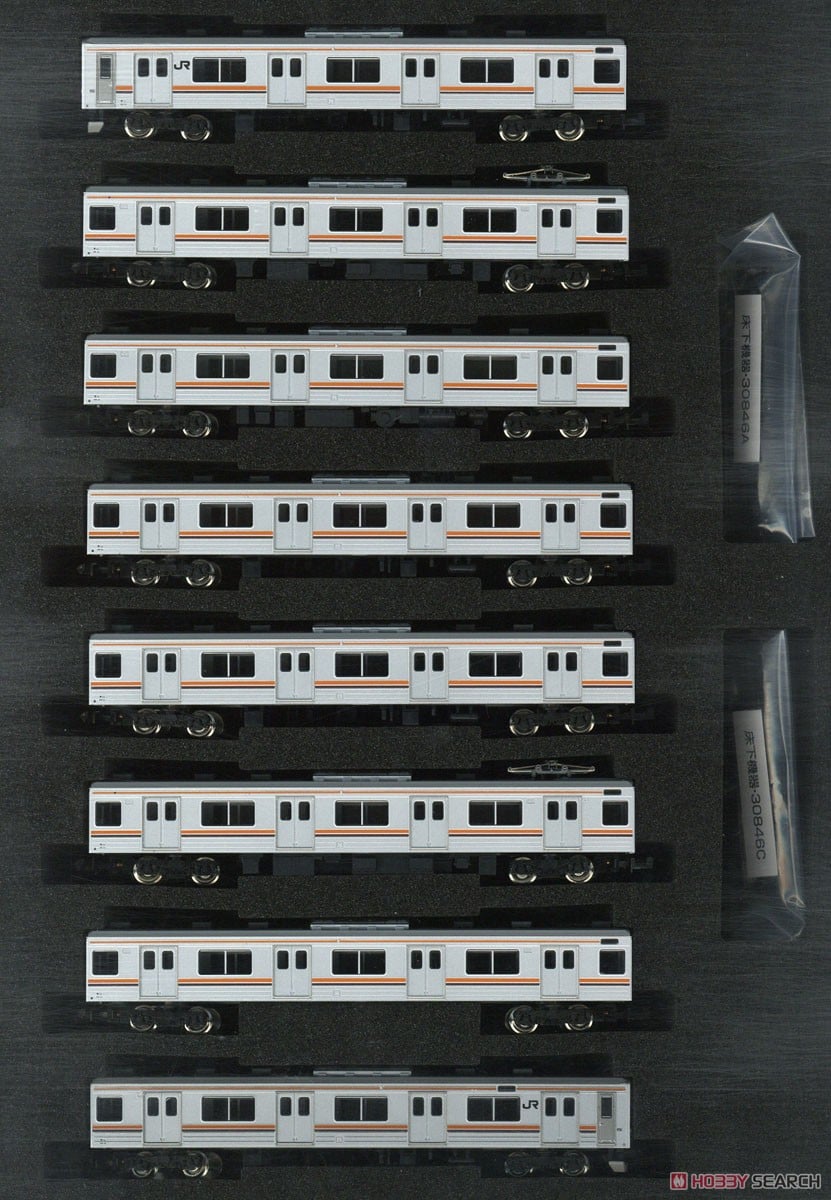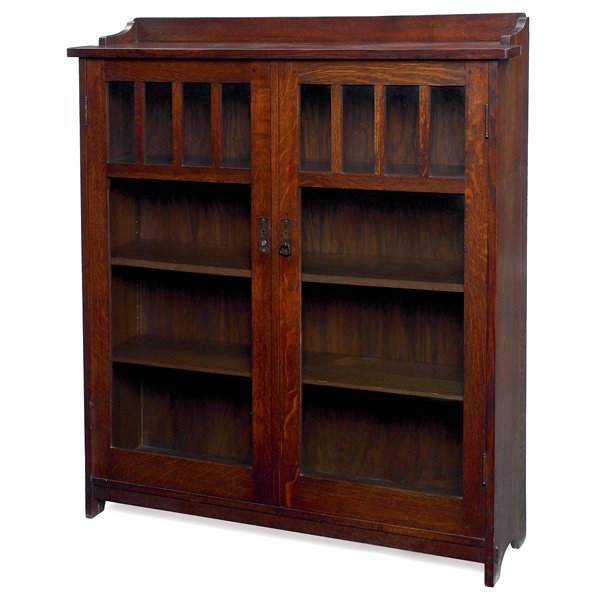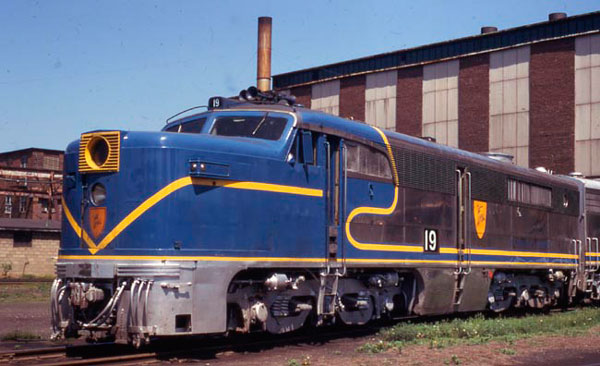Specific Item Information: Alco PB, PRR #5752, Brunswick Green w Metallic Gold 5-Stripe, Paragon2 Sound/DC/DCC
Model Information:
Features:
Features:
- Precision Drive Mechanism engineered for continuous heavy load towing and smooth slow speed operation
- Motor Type: 5-Pole Can with Skewed Armature and Dual Fly Wheels
- Premium Caliber Painting with Authentic Paint Schemes
- Prototypical Light Operation with Golden White LED Headlight
- Beautifully Detailed, Accurately Modeled Locomotive
- Separately Applied Details such as grab irons, steps, and ladders
- Operating Sprung Diaphragms
- Constant Intensity Directional Lighting
- Traction Tire-Equipped for Maximum Traction
- Locomotive Composition: ABS with Die Cast Chassis
- A-Unit Length: 5.1"
- B-Unit Length: 4.9"
- A-Unit Weight (Powered): 4 oz
- Couplers: (2) Micro Trains #1015
- Recommended Minimum Radius: 9.75"
DCC Information:
- Paragon2 Sound and Control System
- Integral DCC Decoder with Back EMF for Industry Best Slow Speed Operation in DC and DCC
- Operates in DC and DCC (use DCMaster for DC Sound)
- Record and Play Operation - Records and plays back sounds and movements once or repeatedly for automatic operation
- 16-bit Sample Rate for exceptional high frequency sound clarity
- Playback Whistle for multiple whistle lengths and patterns
- Choice of 3 selectable Whistles/Horns
- Alternate Whistle/Horn where applicable for locomotive with air horn and steam whistle - both the main whistle and alternate can be easily played
- Adjustable bell ringing interval for faster or slower bell
- Numerous user-mappable functions with available keys
- Johnson Bar Sound at Direction Change (Steam Only)
- Passenger Station Ambient Sounds - Controlled with Function Key
- Freight Yard related radio chatter - Controlled with Function Key
- Lumber Yard Ambient Sounds - Controlled with Function Key
- Farm related radio chatter - Controlled with Function Key
- Crew Radio Communications - Controlled with Function Key
- Maintenance Yard related radio chatter - Controlled with Function Key
- Demo Mode for display and demonstrations
- Grade Crossing Automatic Signal
- 8 Diesel Motor Revs (Diesel Only)
- Simple Programming with Integral DCC Decoder
- Automatic Forward/Reverse Signal - When activated, stopping triggers a stop horn toot. When moving forward from a stopped position, toots twice. When moving in reverse, toots three times.
- Engine sound intensity varies with load
- Individually adjustable sound volumes for each effect
- EZ Reset Button for quick return to factory default settings
Prototype History: ALCO PA (DL-304/DL-305) refers to a family of A1A-A1A diesel locomotives built to haul high-speed passenger trains that were built in Schenectady, New York, in the United States by a partnership of the American Locomotive Company (ALCO) and General Electric (GE) between June, 1946 and December, 1953. They were of a cab unit design, and both cab-equipped lead A unit PA and cabless booster B unit PB models were built. ALCO's beautiful PA-1 is one of America's most famous locomotives. It was ALCO's entry into the passenger train diesel craze, competing directly with the E-Units from EMD. The first PA1 celebrated Alco's 75,000th loco to roll out of the erecting shop.
The PAs, as well as their cousins, the ALCO FAs, were born as a result of Alco's development of a new diesel engine design, the Model 244. In early 1944, development started on the new design. In 1946, this new locomotive made its debut on the Texas and New Orleans Railroad. Southern Pacific PA's #6055 and 6056 were later put into service on the SP's coastal division, pulling trains such as the Morning Daylight.
Having more horsepower than their leading competitor, Alco felt that they had a fleet-ready competitive product. PA1's were sleek, stylish, powerful, and were very well suited for America's passenger and fast freight trains. Additionally, their 65' 8" bodies became excellent billboard advertising for the railroads that they served with pride.
The PA-1/PB-1 were rated 2,000 hp (1,490 kW) and the PA-2/PB-2 2,250 hp (1,680 kW). A total of 297 PA/PB have been built between 1946 and 1953.
ALCO locomotives were also used in service with the famous "California Zephyr" passenger train, adopting a number of paint schemes, the most famous of which was perhaps the "Prospector" paint scheme. This paint scheme was a striking two-tone silver and gold arrangement, highlighted by a series of four black stripes going down the side of the body.
Read more on Wikipedia
and on American-Rails.com
The PAs, as well as their cousins, the ALCO FAs, were born as a result of Alco's development of a new diesel engine design, the Model 244. In early 1944, development started on the new design. In 1946, this new locomotive made its debut on the Texas and New Orleans Railroad. Southern Pacific PA's #6055 and 6056 were later put into service on the SP's coastal division, pulling trains such as the Morning Daylight.
Having more horsepower than their leading competitor, Alco felt that they had a fleet-ready competitive product. PA1's were sleek, stylish, powerful, and were very well suited for America's passenger and fast freight trains. Additionally, their 65' 8" bodies became excellent billboard advertising for the railroads that they served with pride.
The PA-1/PB-1 were rated 2,000 hp (1,490 kW) and the PA-2/PB-2 2,250 hp (1,680 kW). A total of 297 PA/PB have been built between 1946 and 1953.
ALCO locomotives were also used in service with the famous "California Zephyr" passenger train, adopting a number of paint schemes, the most famous of which was perhaps the "Prospector" paint scheme. This paint scheme was a striking two-tone silver and gold arrangement, highlighted by a series of four black stripes going down the side of the body.
Read more on Wikipedia
and on American-Rails.com
Road Name History: The Pennsylvania Railroad (reporting mark PRR) was an American Class I railroad, founded in 1846. Commonly referred to as the "Pennsy," the PRR was headquartered in Philadelphia, Pennsylvania.
The PRR was the largest railroad by traffic and revenue in the U.S. for the first half of the twentieth century. Over the years, it acquired, merged with or owned part of at least 800 other rail lines and companies. At the end of 1925, it operated 10,515 miles of rail line; in the 1920s, it carried nearly three times the traffic as other railroads of comparable length, such as the Union Pacific or Atchison, Topeka & Santa Fe railroads. Its only formidable rival was the New York Central (NYC), which carried around three-quarters of PRR's ton-miles.
At one time, the PRR was the largest publicly traded corporation in the world, with a budget larger than that of the U.S. government and a workforce of about 250,000 people. The corporation still holds the record for the longest continuous dividend history: it paid out annual dividends to shareholders for more than 100 years in a row.
In 1968, PRR merged with rival NYC to form the Penn Central Transportation Company, which filed for bankruptcy within two years. The viable parts were transferred in 1976 to Conrail, which was itself broken up in 1999, with 58 percent of the system going to the Norfolk Southern Railway (NS), including nearly all of the former PRR. Amtrak received the electrified segment east of Harrisburg.
The PRR was the largest railroad by traffic and revenue in the U.S. for the first half of the twentieth century. Over the years, it acquired, merged with or owned part of at least 800 other rail lines and companies. At the end of 1925, it operated 10,515 miles of rail line; in the 1920s, it carried nearly three times the traffic as other railroads of comparable length, such as the Union Pacific or Atchison, Topeka & Santa Fe railroads. Its only formidable rival was the New York Central (NYC), which carried around three-quarters of PRR's ton-miles.
At one time, the PRR was the largest publicly traded corporation in the world, with a budget larger than that of the U.S. government and a workforce of about 250,000 people. The corporation still holds the record for the longest continuous dividend history: it paid out annual dividends to shareholders for more than 100 years in a row.
In 1968, PRR merged with rival NYC to form the Penn Central Transportation Company, which filed for bankruptcy within two years. The viable parts were transferred in 1976 to Conrail, which was itself broken up in 1999, with 58 percent of the system going to the Norfolk Southern Railway (NS), including nearly all of the former PRR. Amtrak received the electrified segment east of Harrisburg.
Brand/Importer Information: 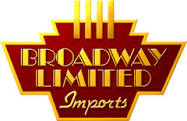 Broadway Limited Imports, LLC defines itself as "the world's foremost producer of top-quality HO and N scale model trains".
Broadway Limited Imports, LLC defines itself as "the world's foremost producer of top-quality HO and N scale model trains".
The company was founded in 2002 and introduced its first N scale model in 2009.
Broadway Limited Imports is composed of a team of 15 fun loving individuals who are dedicated to creating the most realistic model railroading experience possible, with the best customer service possible.
The Broadway Limited Imports headquarters is located in Ormond Beach, Florida at 9 East Tower Circle. It's just under an hour's drive from Disney World.
About Broadway Limited Imports.

The company was founded in 2002 and introduced its first N scale model in 2009.
Broadway Limited Imports is composed of a team of 15 fun loving individuals who are dedicated to creating the most realistic model railroading experience possible, with the best customer service possible.
The Broadway Limited Imports headquarters is located in Ormond Beach, Florida at 9 East Tower Circle. It's just under an hour's drive from Disney World.
About Broadway Limited Imports.
Item created by: CNW400 on 2022-10-24 10:56:27
If you see errors or missing data in this entry, please feel free to log in and edit it. Anyone with a Gmail account can log in instantly.
If you see errors or missing data in this entry, please feel free to log in and edit it. Anyone with a Gmail account can log in instantly.


